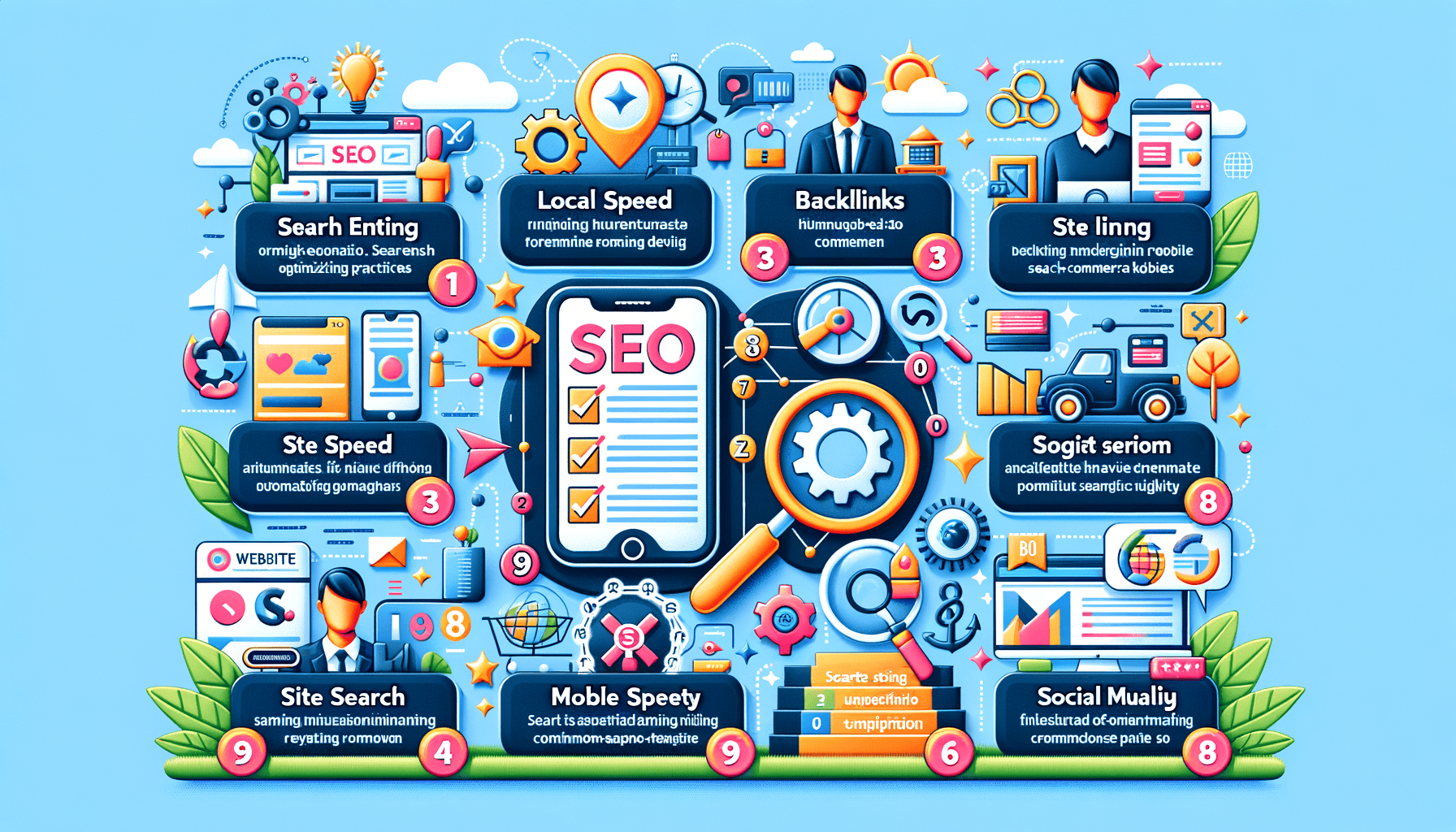[ad_1]
In the fast-evolving digital marketplace, the interplay between design, SEO, and user experience is crucial for e-commerce success. Utilizing the right tools can simplify and optimize your workflow, enhance visual appeal, and improve search engine rankings. Here are 17 free tools that cater to color code management, SEO, user interface (UI) design, and practical e-commerce strategies.
1. Google Color Tool
Google’s Color Tool allows you to generate color palettes and visualize how different colors work together. You can explore color combinations that are accessible and appealing for your site’s aesthetic.
2. Adobe Color
Adobe Color helps in creating color schemes based on various color theories. You can experiment with color wheels and extract themes from images, making it a powerhouse for UI designers looking for cohesive color palettes.
3. Coolors
This tool provides a fast and intuitive way to generate color palettes. Just hit the spacebar to find new combinations, and lock colors you love. It also offers the ability to export palettes in different formats, which is useful for web design.
4. Colorzilla
Colorzilla is a browser extension that allows users to pick colors from anywhere on the web. You can also analyze color gradients and create palettes, making it an essential tool for both designers and developers.
5. MozBar
MozBar is a free browser extension that provides instant SEO insights on any webpage. This tool helps you evaluate page authority, domain authority, and keyword suggestions directly from your browser.
6. Google Keyword Planner
Part of Google Ads, this tool allows you to discover new keywords related to your business and see estimates of the searches they receive. It’s vital for structuring content that meets the needs of your target audience.
7. Ubersuggest
Ubersuggest provides keyword suggestions, traffic forecasting, and competitive analysis. This no-cost tool is fantastic for small businesses looking to optimize their content strategy without breaking the bank.
8. Yoast SEO (WordPress Plugin)
If you’re running a WordPress e-commerce site, the Yoast SEO plugin helps you optimize your content for search engines. It provides real-time feedback while you write and gives actionable suggestions to improve SEO.
9. Canva
Canva is a graphic design platform that enables the creation of visually appealing marketing materials, social media posts, and ads. With its pre-built templates and easy drag-and-drop interface, it’s perfect for non-designers.
10. Hotjar
Hotjar offers heatmaps and user session recordings to help you understand user behavior on your e-commerce site. By identifying where users click, scroll, and spend time, you can optimize your UI for better engagement.
11. BrowserStack
For e-commerce sites, ensuring compatibility across different devices and browsers is critical. BrowserStack provides free access for testing your website on various platforms and devices, helping you discover potential UI issues.
12. Google PageSpeed Insights
Speed is a critical ranking factor for SEO. Google’s PageSpeed Insights evaluates the loading time of your web pages and provides tips to optimize speed, improving both user experience and search ranking.
13. Keyword Surfer
This browser extension shows keyword search volume directly in Google search results. It’s a quick way to gauge keyword performance without needing to navigate away from your research, which is useful for e-commerce marketing strategies.
14. Bitly
While primarily a URL shortener, Bitly allows for tracking click rates and performance analytics on your shortened links. This is particularly valuable for social media campaigns and email marketing.
15. Mailchimp
Mailchimp offers free tools for email marketing. You can design responsive email campaigns and monitor performance metrics, making it easier to reach your customers directly with promotions and updates.
16. SocialBee
Essential for e-commerce businesses, SocialBee allows you to manage and schedule social media posts across various platforms. Its content categorization feature enables you to keep your audience engaged consistently.
17. Figma
Figma is a collaborative interface design tool that empowers both designers and developers. You can create wireframes, prototypes, and user interfaces in real-time, ensuring that your e-commerce site is user-friendly and visually appealing.
These tools collectively streamline the processes involved in designing and maintaining an effective e-commerce site. By leveraging their functionalities, you can enhance your visual appeal, improve SEO, and create a seamless user experience that drives conversions.
[ad_2]






